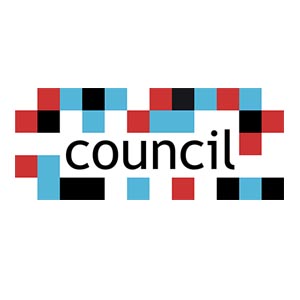
If you ask ChatGPT ‘What is ChatGPT?’ it will tell you: ChatGPT is an advanced conversational AI model developed by OpenAI. It understands and generates human-like text, serving as an intelligent virtual assistant. Trained on vast amounts of internet data, ChatGPT can engage in conversation, comprehend user queries, and provide relevant responses. While not flawless, it offers a groundbreaking leap in conversational AI, revolutionizing various industries and enhancing human-machine interactions.
ChatGPT definitely has a good elevator pitch ready. To break it down further, ChatGPT stands for Chat Generative Pre-trained Transformer. Initially launched in November 2022, it is a development in conversational AI created by OpenAI, an American artificial intelligence research laboratory. It is based on the GPT-3.5 architecture, an advanced form of Generative Pre-trained Transformers that have been trained on massive amounts of internet text data. This extensive training allows ChatGPT to learn patterns, context, and linguistic nuances to generate human-like text.
ChatGPT has a wide range of applications that can be used for various purposes. For example, ChatGPT can be used as a Virtual Assistant, Language Tutor, Writing Editor, Trivia Extraordinaire, and the list goes on. With its versatility and adaptability ChatGPT is a valuable asset for personal, educational, and professional purposes.
Currently, ChatGPT offers both free and paid options. To access the free version users simply need to go to chat OpenAI.com and register for an account with an email address, or a Google or Microsoft account, to get started. The paid option gives users access to ChatGPT Plus for $20/month. Subscribers of ChatGPT Plus can expect; general access to ChatGPT, even during peak times, faster response times, and priority access to new features and improvements. ChatGPT has also begun to roll out plugins. As of March 2023, Expedia, FiscalNote, Instacart, KAYAK, Klarna, Milo, OpenTable, Shopify, Slack, Speak, Wolfram, and Zapier have all created plugins.
As with any new technology, ChatGPT has had its fair share of concerns, mainly related to privacy, biases, and incorrect information. Back in April, Italy announced it was banning ChatGPT for privacy concerns. To combat these concerns, OpenAI actively encourages user feedback to identify and address potential issues and has invested significant efforts into refining ChatGPT.
This collaborative approach enables constant refinement and improvement of the model to enhance its accuracy and reliability. OpenAI has worked to reduce biases, enhance fact-checking mechanisms, and incorporate user-defined values to ensure that this technology remains a trustworthy and valuable tool. OpenAI has also introduced iterative deployments and has seen ‘substantial reductions in harmful and untruthful outputs achieved by the use of reinforcement learning from human feedback (RLHF).’
Like any AI system, there are limitations and potential risks. It’s important to understand the limitations of this technology. While it can understand and generate human-like text, it lacks true understanding and consciousness. It doesn’t possess emotions, beliefs, or personal experiences.
ChatGPT is solely a machine learning model trained to process and generate text based on patterns in the data it has been exposed to. While OpenAI has implemented safety measures to mitigate harmful or biased outputs, it remains an ongoing challenge to align the model’s behavior with human values.
ChatGPT represents a breakthrough in conversational AI. Its ability to understand and generate human-like text holds the potential to revolutionize numerous industries and enhance our interactions with technology. It provides an exciting glimpse into the future of artificial intelligence and the remarkable progress made in creating intelligent virtual assistants. While there are challenges and limitations, ChatGPT offers a promising insight into the power of AI in natural language processing.





 New Episode
New Episode





 Latest IoT News
Latest IoT News







